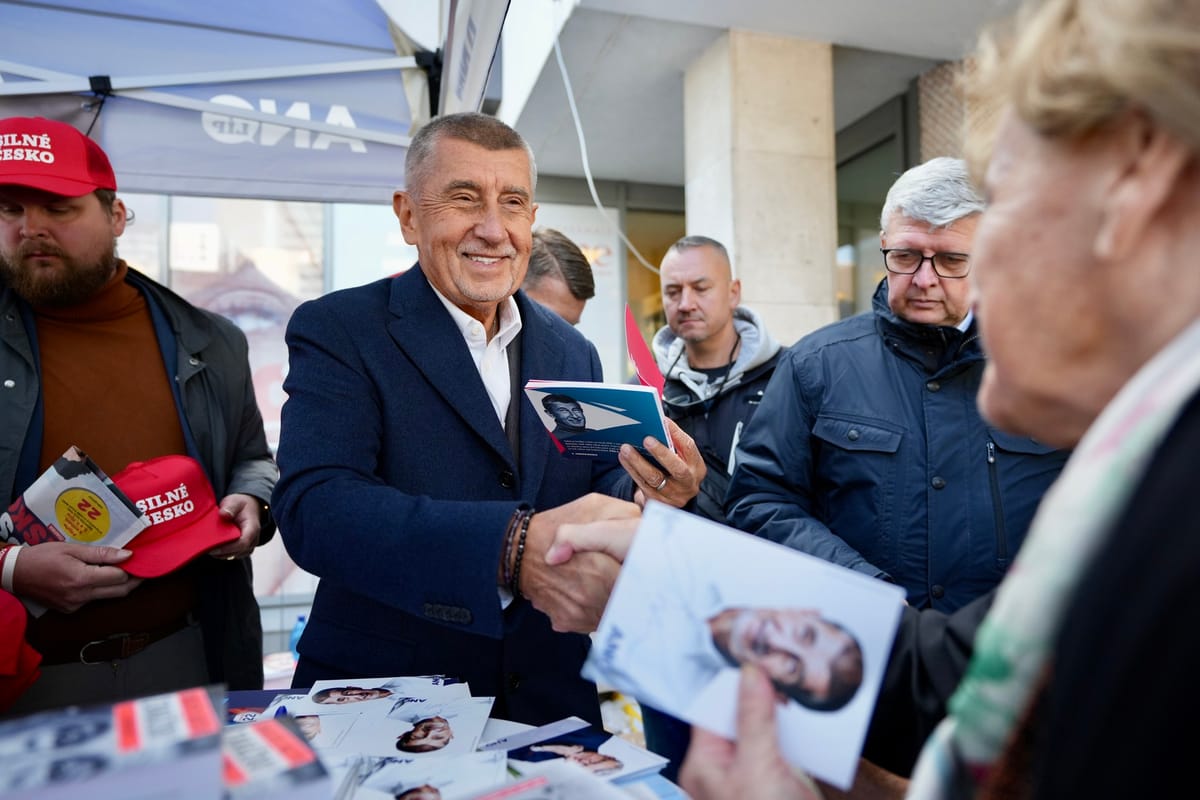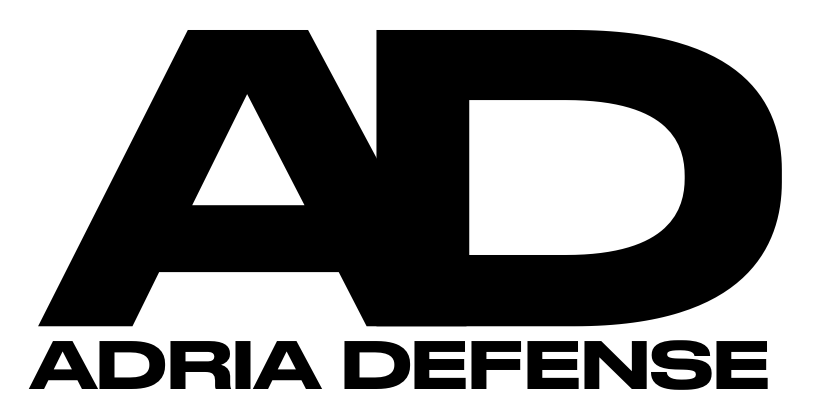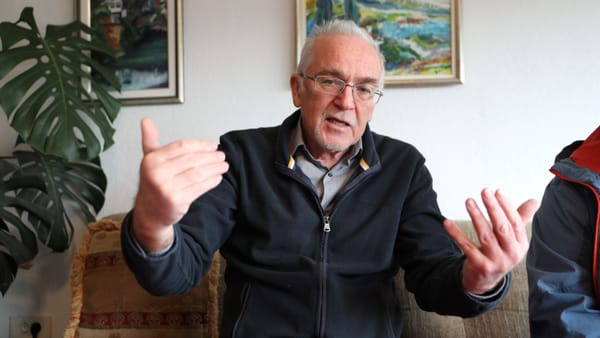Czech Election Victory Still Raises Questions Over Future of Defense Policy and Ukraine Aid
Andrej Babiš’s election win could shift Czechia’s strong defense stance and support for Ukraine, as coalition talks test NATO commitments and spending plans.

PRAGUE — The landslide victory of billionaire populist Andrej Babis in the Czech Republic’s parliamentary elections has set the stage for a potential recalibration of the country’s defense posture and its high-profile support for Ukraine — a shift that could reverberate across Central Europe and within NATO.
Babis’s ANO party captured roughly 34.5 percent of the vote, the largest share in the contest, but fell short of an outright majority. To govern, Babis must now strike deals with smaller parties, including Tomio Okamura’s SPD, a far-right movement known for its Euroskeptic and anti-NATO rhetoric. Those negotiations are already fueling speculation that the new government could soften Prague’s once-uncompromising alignment with Kyiv.
“The Czech Republic will not abandon its alliances,” one Prague-based defense official said, “but the tone and scale of support may change.”
A Record of Strong Support
Since Russia’s full-scale invasion of Ukraine in 2022, the Czech Republic has stood out among mid-sized NATO members for its early and substantial military aid — delivering tanks, infantry fighting vehicles, and artillery systems drawn from national stockpiles and defense industry production lines.
It also played a key role in coordinating European ammunition initiatives, including the EU’s “million shells” program.
That record could now face headwinds. Throughout the campaign, Babis cast doubt on the pace of arms deliveries and argued that “Czech taxpayers should not bear unlimited burdens for foreign wars.” While he stopped short of opposing Ukraine’s cause, his rhetoric signaled a shift from moral urgency toward fiscal caution.
Defense Spending Commitments Under Scrutiny
The outgoing coalition had pledged to lift defense spending to 3 percent of GDP by 2030, aligning Prague with NATO’s long-term targets. Several large procurement deals — including Leopard 2A8 tanks from Germany and a pending contract for F-35 fighter jets — were signed or advanced under that strategy.
Analysts now say those plans may slow or be re-sequenced, particularly if coalition partners demand tighter budgets. “Existing contracts are unlikely to be canceled, but expansionary ambitions could be curtailed,” said Jan Simek, a defense economist at Charles University. “The question is not whether Czechia remains in NATO’s orbit, but how assertively it stays there.”
Europe’s Populist Undercurrent
Babiš’s return mirrors a broader populist tide in Central Europe, where governments in Hungary and Slovakia have already distanced themselves from Western consensus on Ukraine. A more cautious Czech policy could further fragment the region’s voice inside the European Union — just as Brussels debates a new round of defense financing and joint arms procurement.
Still, institutional guardrails remain. President Petr Pavel, a former NATO general and outspoken supporter of Ukraine, retains the power to reject ministerial appointments hostile to alliance obligations.
And public opinion in Czechia, though increasingly weary, continues to favor membership in NATO and the EU.
A Pragmatic Realignment
For now, few expect an abrupt U-turn. Czech forces remain embedded in NATO missions, and defense industries are bound by multi-year contracts with Western partners. But diplomats and military planners are bracing for a “pragmatic realignment” — less visible solidarity, more transactional language, and a domestic focus on economic priorities.
“Prague’s support for Ukraine may evolve from leadership to maintenance,” one Western defense attaché observed. “It’s not abandonment. It’s fatigue, institutionalized.”
Whether that recalibration remains tactical or becomes strategic will depend on the coalition Babis builds — and how far he’s willing to bend to partners skeptical of the West’s war footing.





